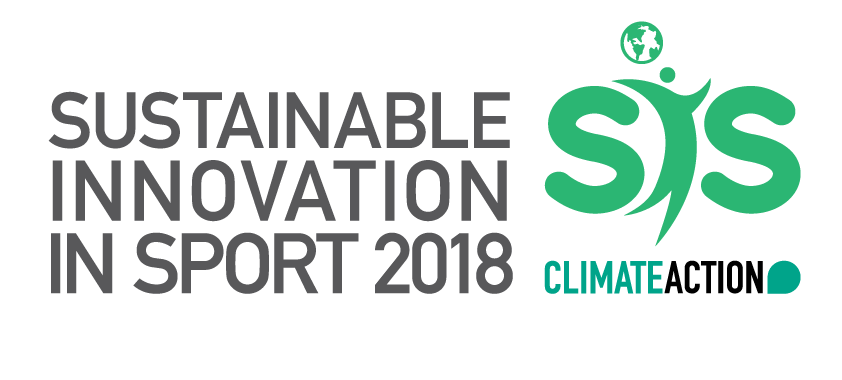FIFA, the international governing body for soccer, is teaming up with the UN to encourage fans to offset their carbon emissions ahead of the 2018 World Cup in Russia.
Ticket holders are being asked to join an online campaign which will see FIFA offset 2.9 tonnes of carbon dioxide equivalent for every signature received. This is calculated as the average emission per fan travelling from abroad to the tournament.
And as an added incentive, all fans who make the pledge will be automatically entered into a prize draw to win two tickets to the World Cup final in Moscow.
FIFA has already committed to offsetting its own emissions from the tournament, but tackling emissions from the millions of fans who travel to attend games is much harder. And as the World Cup is one of the largest and most popular sporting events, the number of emissions produced by fans during the month-long event is very high.
“The Earth’s climate is changing due to human activity. We need to reduce the emissions that enter the atmosphere,” said FIFA’s Secretary General, Fatma Samoura. “FIFA takes its environmental responsibility very seriously. As part of our twofold strategy, FIFA and the Local Organising Committee will offset all of their own operational emissions and, through the climate action campaign launched today, we will also support and engage with fans by neutralising the emissions of those who join us.”
The new campaign follows-on from FIFA’s programme to offset some of the estimated 1.1 million tonnes of carbon emissions from the 2014 World Cup in Brazil. At that time, organisers reduced emissions through a variety of projects, from solar panels on stadium roofs to collecting rainwater for use on pitches and cleaning. The Brazilian government officially offset 39 percent of total emissions by purchasing credits via the UN’s Clean Development Mechanism.
“I commend FIFA for leading by example in reducing the climate impact of the 2018 World Cup and encouraging football fans to act on climate change. Reducing emissions as far as possible and compensating for emissions that cannot be avoided is the best way to score goals for the climate and our common future,” said Patricia Espinosa, Executive Secretary of UN Climate Change.
The 2014 World Cup in Brazil produced over 1 million tonnes of carbon emissions
Photo Credit: Trusty Transfers

